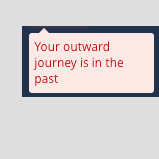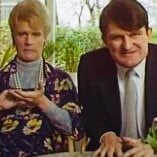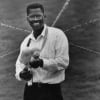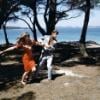IGNORED
Autechre japanese ae interview (from oversteps booklet)
- Search posts by...
- Reply to this topic
- Ignore this topic
- Stop ignoring this topic
- Start new topic
-
Recently Browsing 1 Member
-
Similar Content
-
- 108 replies
- 8,760 views
-
- 1 comment
- 3,773 views
-
- 3 replies
- 2,174 views
-
- 1 comment
- 3,150 views
-
- 34 replies
- 5,328 views
-








Recommended Posts